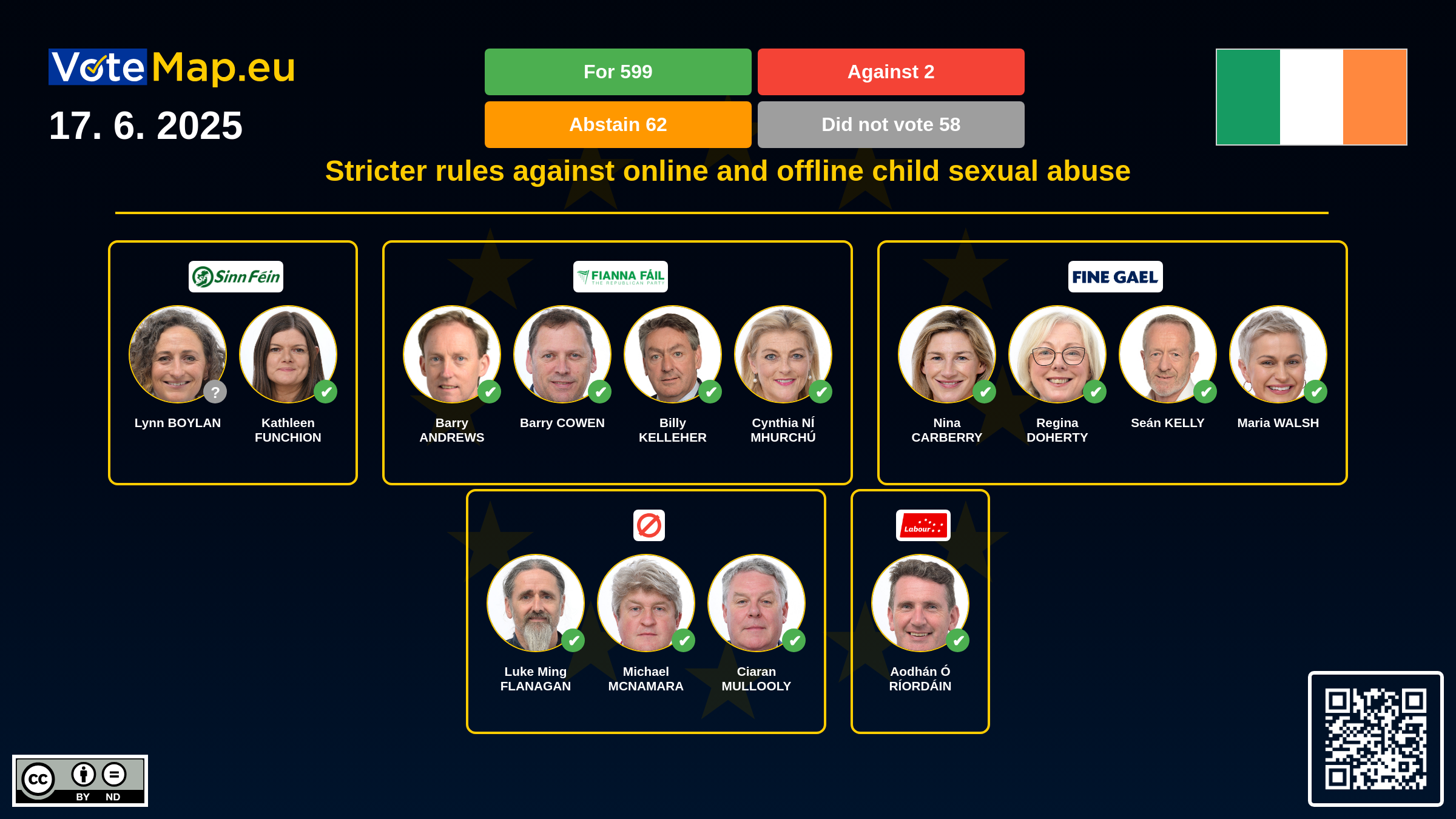Stricter rules against online and offline child sexual abuse

MEPs today overwhelmingly approved a draft directive to update the outdated 2011 legal framework. The new rules respond to the development of technologies used by abusers - such as deepfakes, generative AI or livestreaming abuse.
This will include creating fake child sexual abuse material among the newly defined offences, even if it does not include a real person. Similarly, it will be criminal to possess and distribute instructions on how to abuse children or to participate in streaming abuse.
Parliament has also pushed through tougher penalties in cases where the victim is a child over the age of consent and support for victims, including extending the time limit for filing a criminal complaint.
MEPs say this is not only a punitive tool, but also a system of better support for victims of violence. Victims of these crimes must be provided with age-appropriate medical care, emotional, psychological, psychosocial and educational support, as well as legal counselling. The new directive will also include rules on temporary accommodation for victims.
The next step will be negotiations with the Member States on the final form of the law. Parliament is thus sending a clear signal: Europe must adapt child protection to the digital age - and quickly and decisively.
We collect and visually present data publicly available at the page of European Parliament. Votemap.eu denies any responsibility for possible inconsistencies of the data or its changes after the publication.
Descriptions are created using DeepL Translate machine translation. We apologize for any possible imperfections or inconvenience.





























